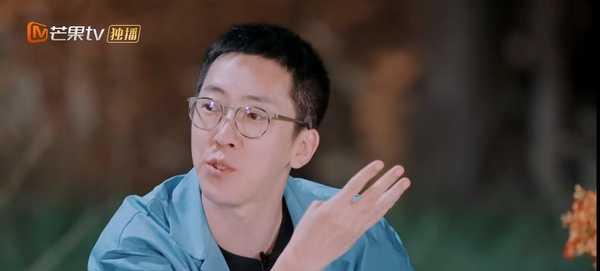The Tears Behind Reality TV: A Psychological Analysis of Power Dynamics in Marriage
A deep dive into a Chinese reality TV star’s frequent emotional displays, examining whether they stem from manipulation or genuine distress, and what they reveal about relationship dynamics and personal growth.

The phenomenon of Mai Lin’s frequent crying on reality television has sparked intense discussion about the underlying psychological dynamics at play. While seemingly straightforward displays of emotion, these tears reveal complex layers of relationship dynamics and personal insecurities.
At the core of Mai Lin’s behavior lies a carefully constructed power dynamic with her husband, Li Xingliang. Having supported him during his early career struggles in China’s entertainment industry, she has built her identity around being the sacrificial wife. This narrative serves a dual purpose - it both binds Li through obligation and provides her with a sense of purpose and control.
The tears themselves function as a sophisticated form of emotional leverage. When Mai Lin cries, particularly in public settings, it creates social pressure on Li to demonstrate care and affection. This pattern becomes evident in specific incidents, such as her reaction to portrait paintings where she compared herself unfavorably to other cast members. Rather than processing the experience privately, she transformed it into a public emotional display that demanded Li’s immediate attention and comfort.
This behavior pattern reflects deeper insecurities about maintaining control in the relationship as Li’s career has flourished. Where once she was essential to his success, their power dynamic has shifted. Instead of adapting to this evolution through personal growth, Mai Lin has intensified her emotional displays as a means of maintaining influence.
The show provides revealing glimpses of this dynamic. During a key interview, Mai Lin carefully positioned herself as having made sacrifices for Li’s career, subtly reinforcing his moral obligation to her. Li’s responses show the effectiveness of this strategy - he consistently emphasizes how much she has done for him and how much he values her support.
However, these tears carry a significant cost. They create an unsustainable relationship dynamic where genuine communication is replaced by emotional manipulation. The constant need to demonstrate distress prevents authentic connection and personal development for both partners.
The situation reflects broader patterns in relationships where one partner’s identity becomes overly dependent on maintaining Lin’s tears may achieve their immediate goal of eliciting desired responses from Li, they ultimately undermine the possibility of developing a healthier, more equitable partnership based on mutual growth and authentic communication.
This dynamic serves as a cautionary example of how unresolved insecurities can manifest in relationships, particularly when one partner’s success appears to threaten the other’s sense of value and purpose. The path forward would require both partners to develop new ways of relating that allow for individual growth while maintaining genuine emotional connection.
Understanding these dynamics helps illuminate not just this specific case, but similar patterns in relationships where emotional displays become tools of control rather than genuine expressions of feeling. The key to healthier relationships lies in developing security that doesn’t depend on maintaining power through emotional manipulation.